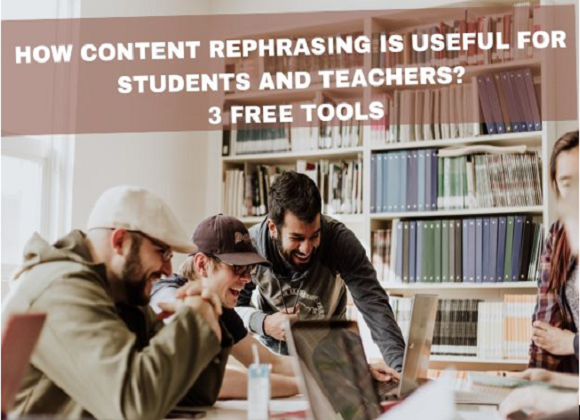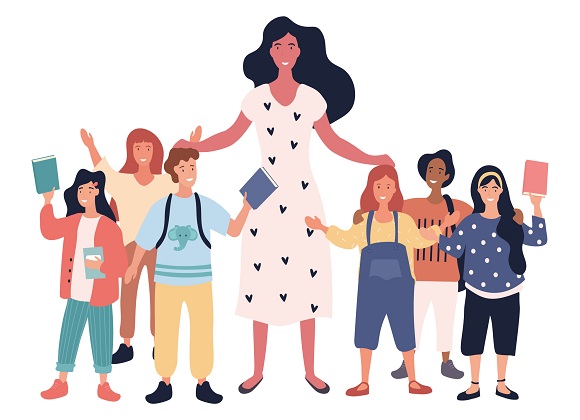Courses
Grow skills with quality courses
Schools today have lots of different students from various backgrounds. Some might be from different countries or speak different languages, and they all come from different families. Teachers and groups in the community help these students who have different reasons for wanting to learn, behave well, and do well in school. Social and emotional learning (SEL) is like a base for creating a safe and positive learning space. It helps students not just in school but also in their future careers and life.
Now, with smart classroom technology like interactive whiteboards, tablets, and educational apps, teaching isn't just about giving lessons more efficiently. It's about making a special learning place where students can grow important social and emotional skills. Smart classroom technology works really well with social-emotional learning, giving teachers useful tools to help students become well-rounded and emotionally smart individuals.
Why is Social-Emotional Learning (SEL) Important for Students?
Understanding yourself is super important for personal growth, and that's a big part of social-emotional learning (SEL). It means figuring out your strengths, weaknesses, what you love to do, and other things. When students know more about themselves, they can work on getting better in areas they're not so strong in. It's like becoming a cooler version of themselves and reaching the goals they set. This also makes students more confident, straightforward, and good at what they do.
When students hang out with different groups of people, it really boosts their communication skills. Being a good talker and listener doesn't just help in school; it sets students up for success in their future jobs too. Great communication skills mean students can share their thoughts well, understand things easily, come up with smart solutions to problems, and build strong connections with others. It's like being a professional at expressing ideas and understanding what's going on around you.
We all face challenges and stress, right? A bit of stress can keep us alert, but too much negativity and pressure can harm our physical and mental health. Social and emotional learning teaches students to keep a positive mindset. Instead of getting super stressed, they learn to take lessons from mistakes and keep trying. A positive mindset helps students do well in everything. And guess what? Meditation is a great way to do this!
Having good relationship skills helps students create and keep healthy and rewarding relationships. It means communicating well, listening actively, working together, saying no when needed, solving problems nicely, and asking for help when necessary. These skills help students act the right way in social situations.
When students learn about social and emotional stuff, they also get better at solving problems. Understanding themselves helps them know what's right and wrong and choose the best way to handle things. They also learn how to work well with others, appreciate different perspectives, think practically, and find the best solutions. This is super useful when they start working in teams and need to provide top-notch services in their jobs.
Adding social-emotional learning (SEL) to a student's education can lead to big improvements in test scores, grades, and showing up for class. When students have important SEL skills like knowing themselves, managing their feelings, and communicating well, they can handle stress, stay focused, and get into learning. This higher emotional intelligence not only helps them do better in their studies but also makes the classroom a positive place where everyone wants to be. SEL isn't just about feelings; it's a tool that amps up overall student success.
Closing Thoughts
For students to do well in every part of their lives, schools should include activities that focus on social and emotional learning. It's a powerful tool to teach students about understanding emotions and the skills they need for everyday life. From what we've talked about, it's clear how important it is for all types of learners. Social and emotional learning activities in schools not only help students in the classroom but also make sure they get better at interacting with different groups of people. Things like group discussions, sports, competitions within and between schools, field trips, and seminars can all be part of these activities.
About the author
Aanya Kapoor, is a content marketer with Extramarks. Along with her team, she develops content relevant to the 21st-century education ecosystems. Her content revolves around topics such as smart learning technology in education, modern parenting, as well as other education topics. Her writing combines her knowledge and personal interests, making her a valuable resource for those seeking insights into education and parenting. Beyond her professional expertise, she's an avid reader, a globe-trotter who explores diverse cultures, and a passionate gardener.
Comments
Explain very nice ; wonderful presentation
Recommended by Gurushala

Technology & Innovation
-By Valentina MilanovaHow Content Rephrasing is Useful for Students and Teachers? 3 Free Tools

Stories of Indian Classrooms
-By GurushalaOn the course of continuous learning- An inspiring teacher story from Pune

Stories of Indian Classrooms
-By GurushalaStriving to bring a positive change through Teaching- An inspirational story of teacher from Satara
Related Articles
